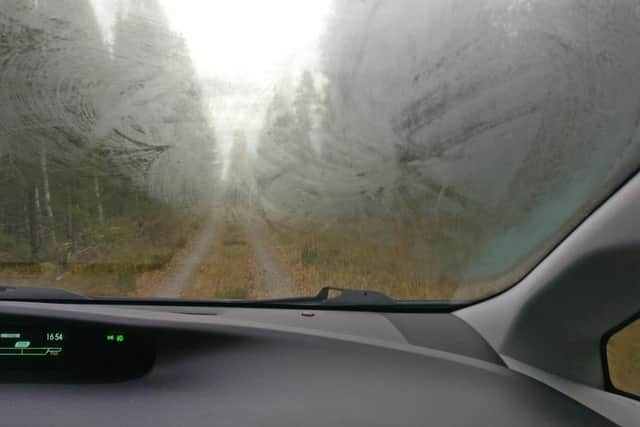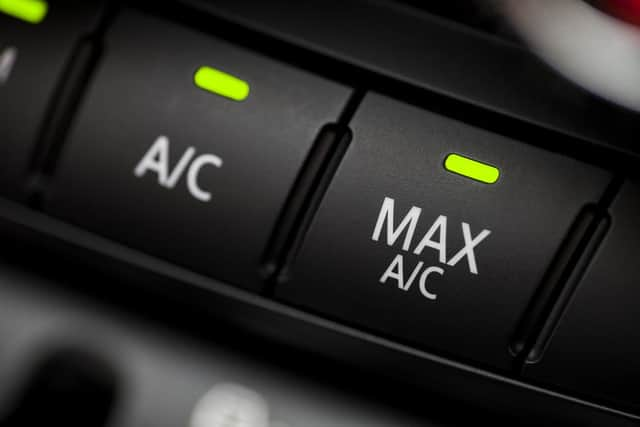How do I stop my windows from steaming up? What causes condensation on your car windows - and how to prevent it


A steamed-up windscreen is one of those things that every driver has encountered at some point.
Whether it’s first thing in the morning as you head to work or mid-journey when the outside conditions change, it’s a frustrating problem that affects old and new cars and can be potentially dangerous.
Advertisement
Hide AdAdvertisement
Hide AdIt’s also against the law to drive if your vision is obscured, so it’s worth knowing what causes the condensation to form, how to get rid of it quickly and how to stop it happening in the first place.


Why do car windows steam up?
Car windows fog up when warm moist air comes into contact with the cold glass surface. The heat from your body and breath warms the air inside the car and increases the moisture levels. When the moist, warm air then comes into contact with the cold glass, it condenses and causes the mist or fog on the windscreen and windows.
How to demist your windscreen


Wiping the window with a clean cloth or demisting pad is a quick fix but won’t stop more condensation forming and can leave streaks so it’s better to use the ventilation system if you can.
Make sure the air is directed at the windscreen and windows, and turn the fan up full. Keep the temperature low to start with - overloading the car with hot wet air will just add to the moisture problem. The cold air from the fans will still be warmer than the glass and help dry it out then you can start to turn up the heat.
If you’ve got air conditioning put this on. It will help to dry the air out more quickly.
Don’t use recirculation. This will warm the car quicker but just keeps the moisture trapped inside, let cool fresh air in and the old, damp air out.
Open the window. Especially if you don’t have air con on climate control, opening a window will help clear the screen faster. The cold dry air from outside will help reduce the moisture inside and then you can start to raise the temperature.
How to stop it happening
Clean your windows - removing tiny dirt particles gives the water less to cling to, lessening the condensation.
Advertisement
Hide AdAdvertisement
Hide AdDon’t leave wet items in the car - coats, umbrellas, dog towels etc just add to the moisture problem and mean mist will be more likely to form and take longer to clear.
Use a dehumidifier - old cars in particular can be vulnerable to moisture creeping in, even if you’re not in the car. A portable dehumidifier pad will absorb some of this and help reduce condensation, and only costs a few pounds.
Try shaving foam - Bizarre as it sounds wiping the inside of the windscreen with a little bit of shaving foam can help. Put a blob on a cloth, wipe it all over the screen then wipe it down with a clean cloth so the glass is clear. The detergent in the foam stops the water from beading and forming the dreaded mist.